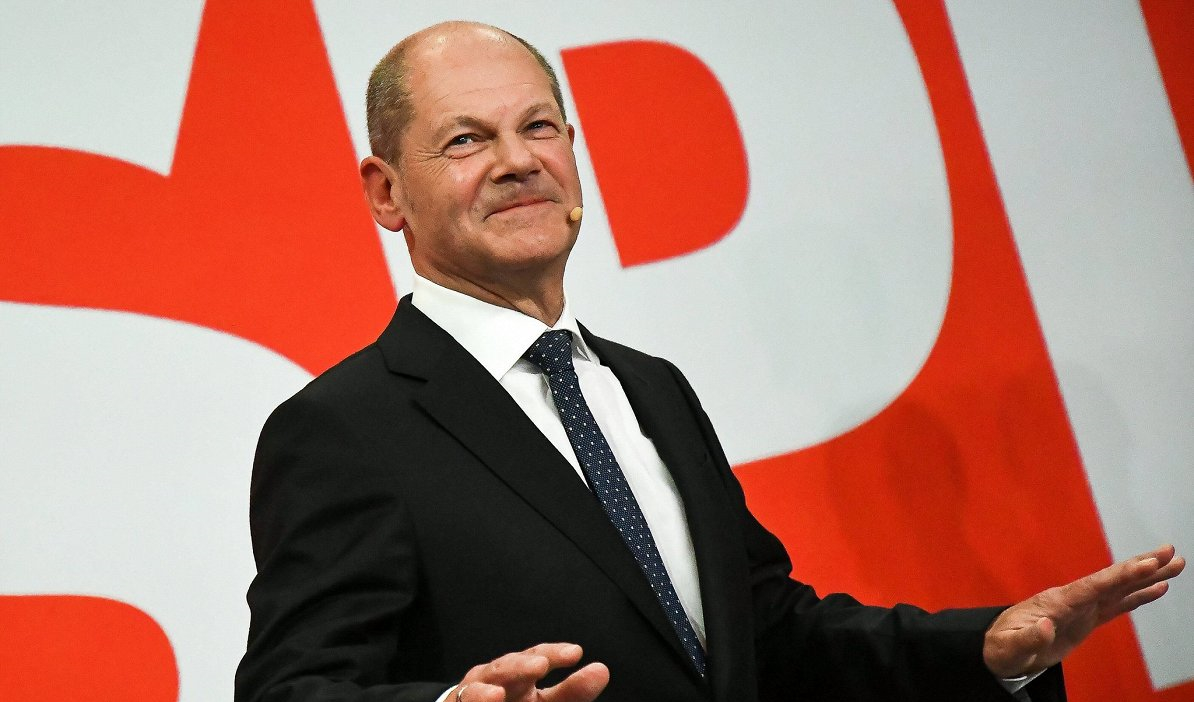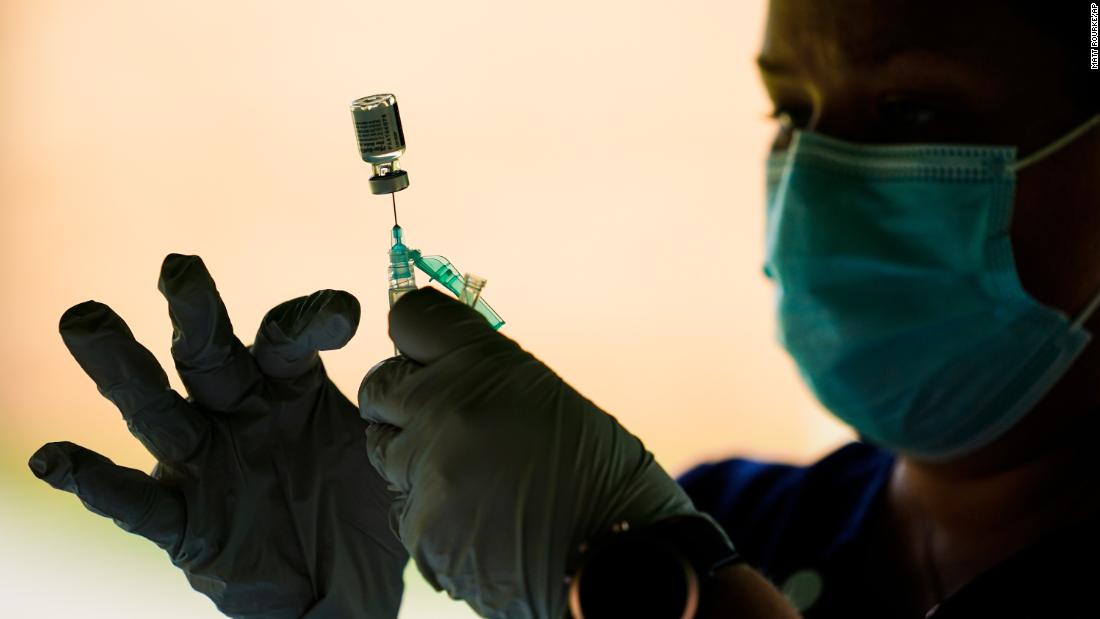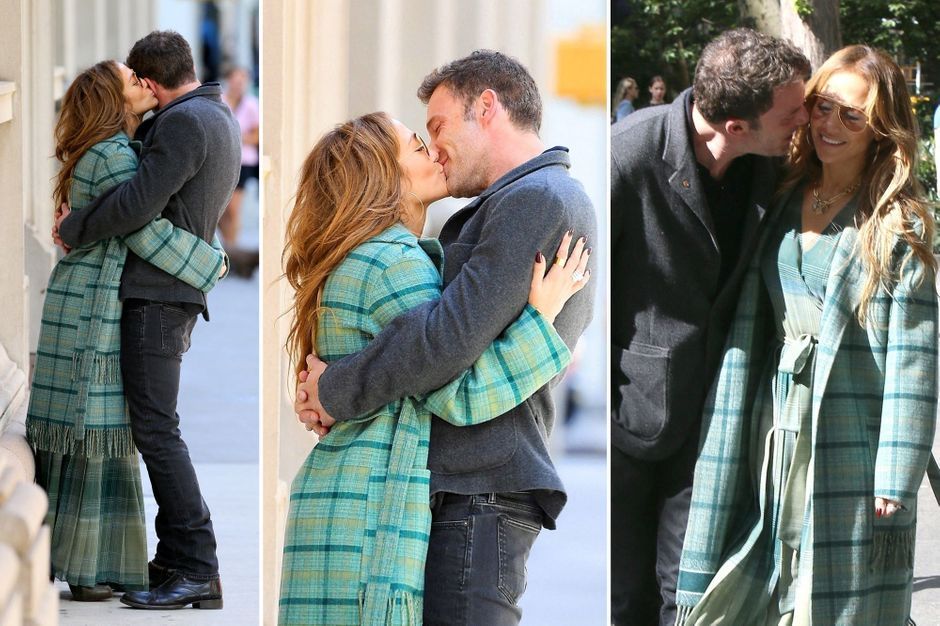The results of Sunday’s German parliamentary elections show that neither party has succeeded in winning a convincing victory. The Social Democratic Party (SPD) has received the most support, but the Christian Democrats, the party of the former Chancellor Angela Merkel, are slightly behind.
According to the results obtained after counting all the votes, 25.7% of Germans voted for the SPD, while the Christian Democrats (CDU) and their Bavarian sister party Christian Social Union (CSU) were supported by 24.1% of voters.
Given the small difference in votes, both camps have already expressed demands for the formation of a government.
Purely arithmetically, each of them can form a majority coalition if they can provide the necessary support from other parties.
Social Democrats get the most votes in German parliamentary elections, hard talks on government formation expectedRihars Plūme / Latvian Radio
—
In third place with 14.8% of the vote are the Greens, who have historically achieved the greatest success so far. They are followed by the Liberal Free Democratic Party (FDP), which was supported by 11.5% of voters. Liberals are on the heels of the right-wing Eurosceptic Alternative to Germany (AfD), which won 10.3% of the vote.
The left-wing extremist party Die Linke, on the other hand, voted for by 4.9% of Germans, has failed to overcome the 5% barrier to entry into the Bundestag.
“Traffic Light” or “Jamaica” Coalition
One variant of a potential coalition could be the so-called “traffic light coalition” or the Social Democrats, the Greens and the Liberal Free Democratic Party. It is also possible for the “Jamaican Coalition” or Christian Democrats to merge with the Green and Free Democrats, which the FDP identifies as the preferred scenario. The names of the possible coalitions are formed from the color scheme of the represented parties.
However, building a coalition could be hampered by the fact that the Green and Free Democrats disagree on many issues, such as tax policy and the fight against climate change.
The Social Democrats have welcomed the election with joy and long applause. The party is considered one of the biggest winners and won about five percentage points more votes than in the previous Bundestag elections four years ago.
Social Democrat leader Olaf Scholz said after hearing the results: “It is clear that many citizens have voted for the SPD because they want a change of government and want the country’s next chancellor to be Olaf Scholz.”
Meanwhile, as Merkel leaves the political arena, support for her Conservatives has shrunk by more than eight percentage points, and the CDU / CSU has shown the weakest performance since World War II.
However, the leader of the Christian Democrats, Armin Lashett, has also expressed his readiness to start forming a new government, and the CDU / CSU would be the main force in this government.
“We have received a clear mandate from our constituents: the voice for the Union is the voice against the left-wing government. That is why we will do everything we can to create a Union-led government,” Lašet said.
The next chancellor will most likely be Olaf Scholz
The fact that there is no clear winner in the election means that A long process of forming a new government awaits Germany. The “green” and the FDP could play a key role in them. However, the leaders of the leading parties have expressed their determination to form a new government by Christmas. Party leaders stress that the formation of a government should not be delayed, as in 2022 Germany will have to take over the presidency of the G7.
Interview with Andris Sprūds, Dean of the RSU Faculty of European Studies4min
—
Andris Sprūds, Dean of the Faculty of European Studies at Riga Stradiņš University, Director of the Latvian Institute of Foreign Policy, emphasized in the Latvian Television program “Morning Panorama” that Scholz could most likely be the next German Chancellor.
Political scientist Ojārs Skudra on the elections in GermanyLatvian Radio
—
Political scientist, Associate Professor of the University of Latvia Ojārs Skudra was cautious in an interview with Latvijas Radio, pointing out that two coalitions are possible:
- the Social Democrats, the Green and the FDP;
- CDU / CSU, “green” and FDP.
Merkel is still in office
Scholz and Lachet have already announced that there will be no grand coalition with both Social Democrats and Christian Democrats. It has been said that “serious probation talks” are likely to be the first to be started by the “green” and free democrats. According to Skudra, this is necessary because they will determine which party will lead the coalition.
Sprūds pointed out that various coalitions are possible, including a grand coalition, if the “green” and free democrats cannot agree with each other.
“Both parties are at different ends of the spectrum. One is for a bigger country, a bigger government because we need funding for green infrastructure. The other – on the contrary – argues that there should be no tax increase and there should be a small government. “what we have seen quite regularly in the 21st century, that there is a big coalition again, cannot be ruled out,” said Sprūds.
This time, the German parliamentary elections are marked by the resignation of Angela Merkel in 16 years as Chancellor and someone else to run Europe’s largest economy.
The official election results will not be published for several more weeks. The newly elected Bundestag will meet for the first time within 30 days of the election. But that does not mean that there will be a new government by then. The process of building a coalition is usually long and takes several months. Angela Merkel will continue as Chancellor until the new government takes office.
–
Highlight text and press Ctrl+Enterto send the text to be edited!
Highlight text and press Report a bug buttons to send the text to be edited!
–
–


